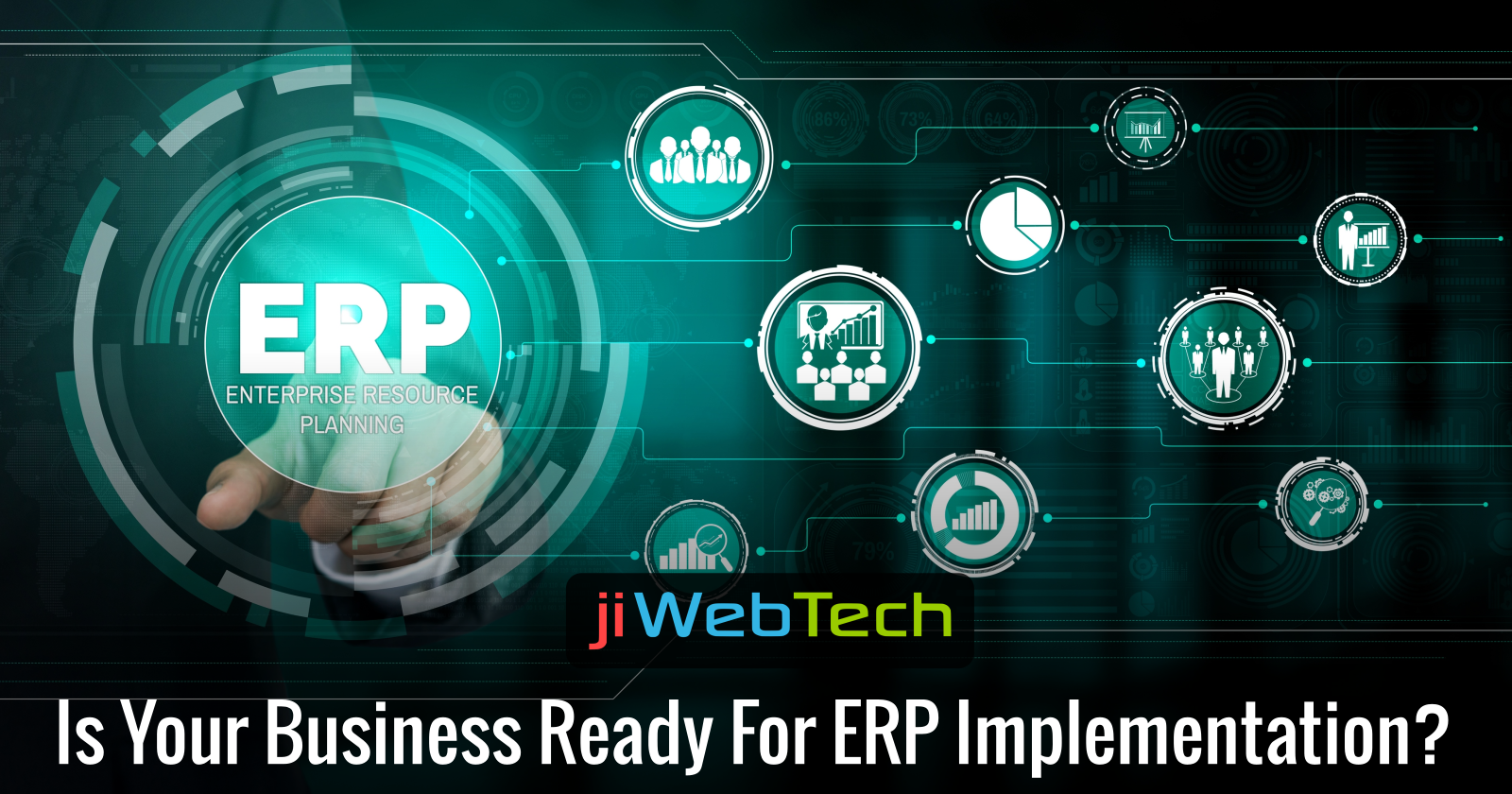- Jul 10, 2020
- Enterprise
- 5665
Share this post on:

Any organization planning to inculcate ERP into its business operation should consider a few things before taking any steps. Try to properly weigh on its requirements and suitability before it jumps into buying and implementing ERP for its business. To get the complete benefit of ERP, each organization has to pass from a phase of proper analysis so that the best and the most suitable system gets established into the business.
Enterprise Resource Planning provides its services to companies seeking out outsourcing their work to companies. These companies want to enforce systems like ERP for the benefit of the company. A lot of factors ought to be looked after while deciding on the proper ERP solution. The company has to devise out the selection after studies are done. The elements on which the selection is based are the price of the offerings, the popularity, customization, and much more. Most of the companies should adopt an ERP solution for their business if it meets the above criteria and is affordable.
Every company wants software that may be updated to match the business needs and is flexible, not ready-made. The recognition of the ERP solution is crucial for choosing your business. This ensures pleasant service and timely completion of the project. Outsourcing has paved the way to strategic enterprise alliances and makes it clean to install not unusual applications. Small and medium businesses can put into effect ERP systems because of the cost benefits. Before that, the prices had been too high for small businesses.
Here are some tips which businesses should follow before implementing ERP:
Understand The Current Business Process
Before implementing ERP, the business has to understand its current work process so that ERP can hit the exact point of process without obstructing the workflow and fortify it with varied functionalities.
Identify Critical Factors
Every business has to map its critical factors (factors which must do well to be successful) and determine how well these critical factors will be addressed by ERP. It has to carry out a deep evaluation of its critical factors and calculate the probability of success in case of adherence and failure in case of non-adherence so that the right ERP strategy can be consolidated with the business.
Set requirements
For getting the appropriate results of the ERP system, the business has to set correct requirements with due diligence so that it gets an apt solution for the same. It needs to set precise requirements it wants from prospective solutions and then move on with its implementation into the business.
Measurement of Success
Before going in for ERP implementation, the business has to set its standards of success which it wants to achieve with chosen ERP. These standards can be in terms of increasing profit, streamlining business operations, improving services and products etc. These measurement standards act as a monitor of ERP success and help businesses in keeping the projects on track and focus on attaining important objectives.
Prioritize Tasks
The next thing business should do to attain success in ERP implementation is to assign priorities to tasks. From most critical to least important, the business has to segregate tasks so that it can direct appropriate resources and devote time in it after ERP implementation and remove unnecessary or least important tasks from the list.
Include Employees
The Business also has to recognize the importance of its employees and their contribution in ERP implementation. Before deploying ERP, a business has to get the consent of its employees to avoid frustration. It also has to arrange for proper training for employees to get acquainted with the ERP system so that it gets expected results.
Count Risks and Manage
Before implementing ERP, the business should find out probable risks that might cloud up during and after ERP implementation. Therefore, before absorbing ERP, it has to develop strategies to mitigate these risks by involving knowledgeable people into the risk management process and divert these risks into a learned experience that can favor successful ERP implementation.
Once the business understands the importance of appropriate analysis and tips for its significant decision of employing ERP into the business, it can overcome every challenge from pre to post ERP installation and come out as a successful champion mastering the art of managing the business.









